Elephant rides
Today, more than 3,000 elephants are being used and abused to entertain tourists and visitors across Asia.
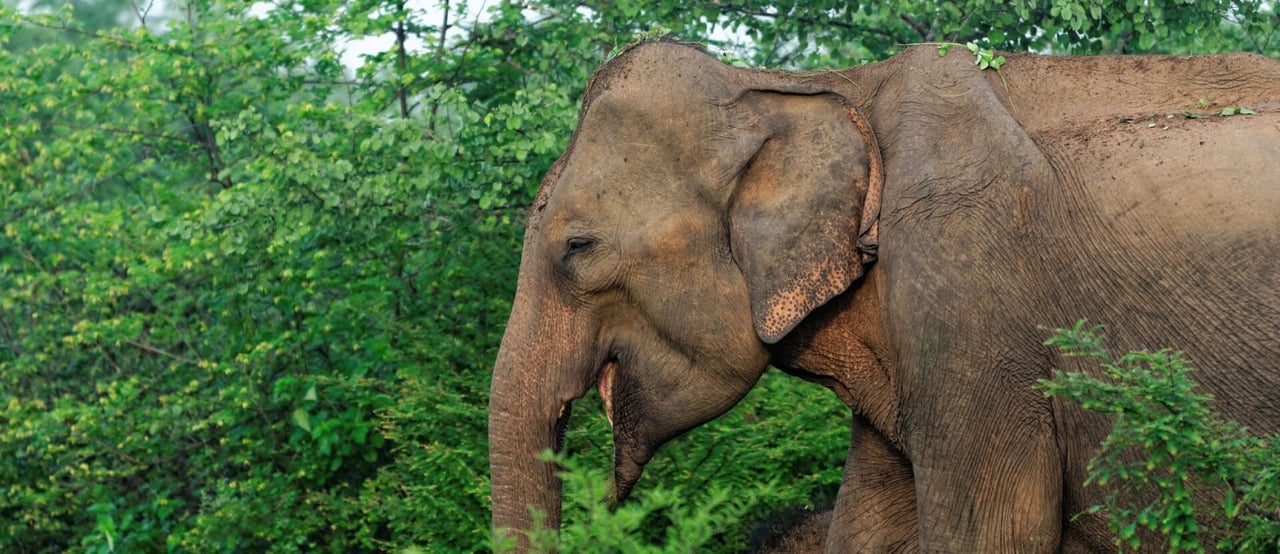
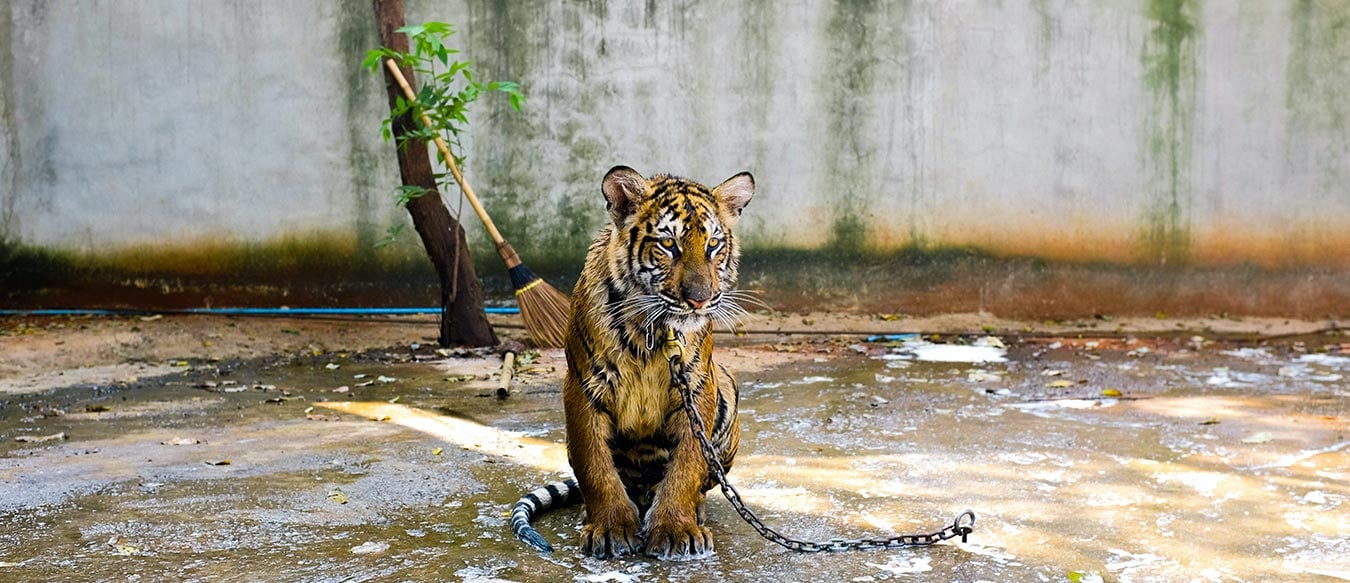
Wildlife
Across the globe, animals at wildlife tourism venues are forced to endure intense pain and mostly unseen suffering to entertain tourists and visitors on a daily basis.
Learn more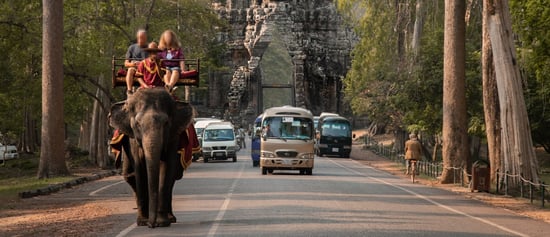
Today, more than 3,000 elephants are being used and abused to entertain tourists and visitors across Asia.
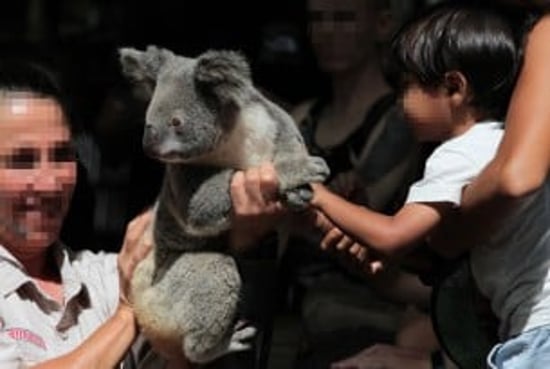
It may be tempting to take a photo with an animal. But that moment could cost them a lifetime of suffering.
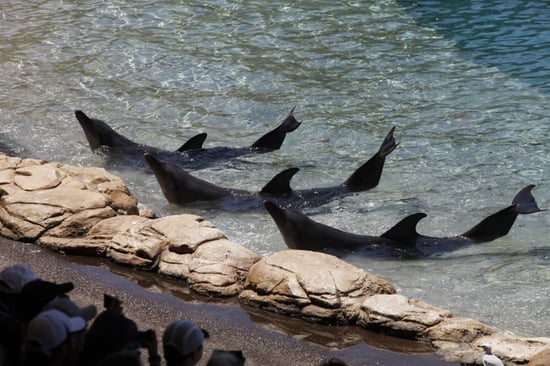
Around 550,000 wild animals are undergoing intense trauma in the name of tourist entertainment worldwide.
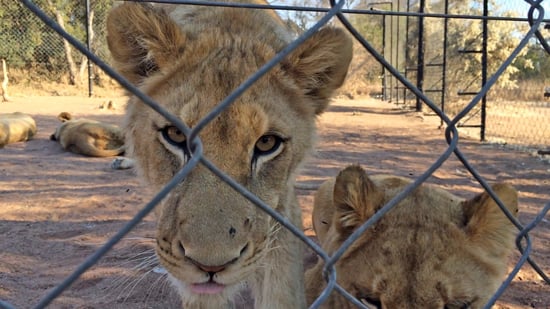
Using animals in sports often involves causing intentional harm and inflicting violence on these sentient beings.
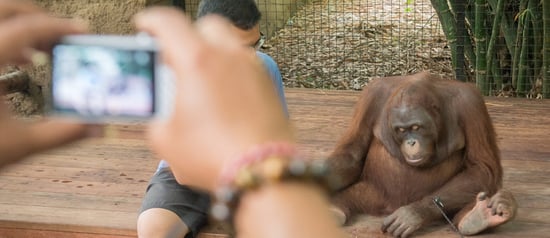
If a venue that houses wildlife allows you to ride, hug, cuddle or take a selfie with a wild animal, cruelty is surely involved.
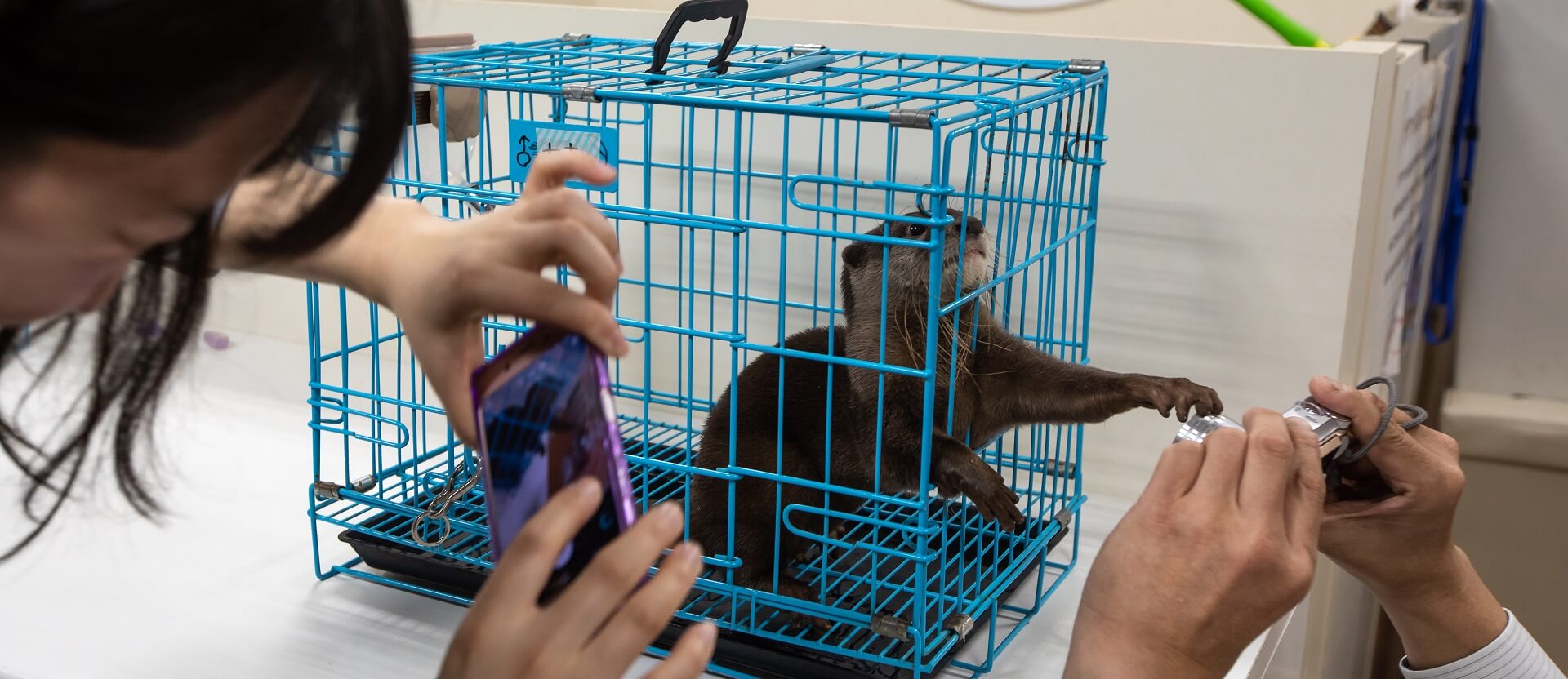
Wildlife
Global wildlife trade is an inhumane industry that cruelly exploits our planet’s wildlife for financial gain.
Learn more
Right now, millions of wild animals are being captured, abused, bred, and mercilessly slaughtered so that the fashion industry can maximise their profit.

Every year, millions of wild animals are captured to become pets of people who are unable to properly care for them.
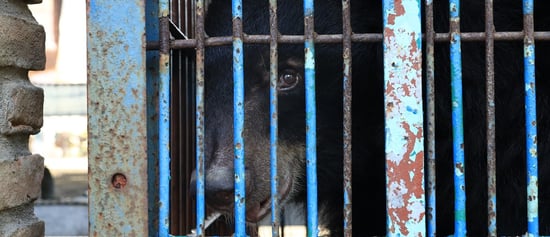
Every year, thousands of animals are bred in captivity or snatched from the wild to fuel the traditional medicine market.
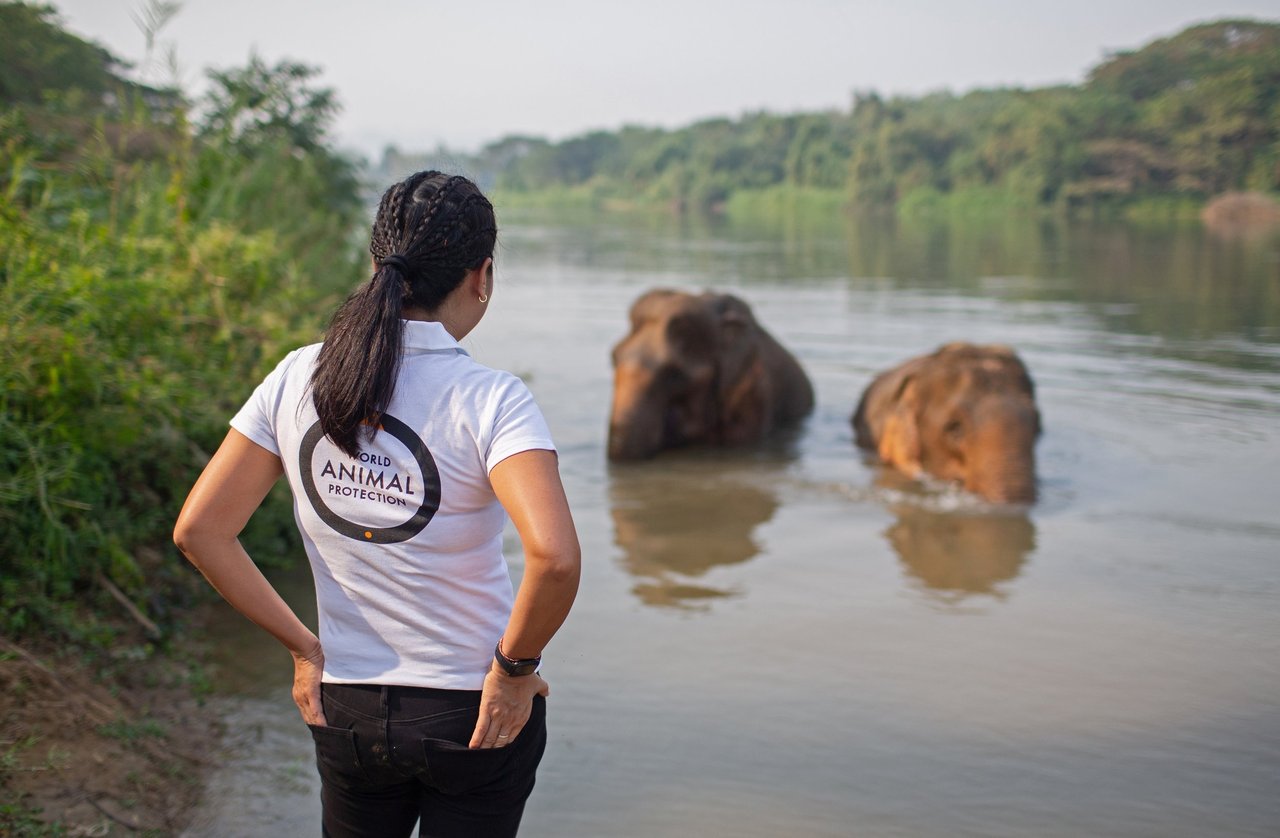
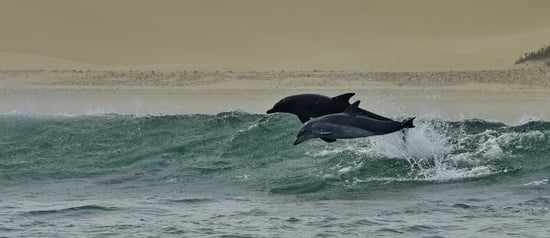
Join thousands of animal lovers fighting to protect wildlife and give farmed animals good lives. Sign up now to receive emails with all the ways you can help.
Sign up